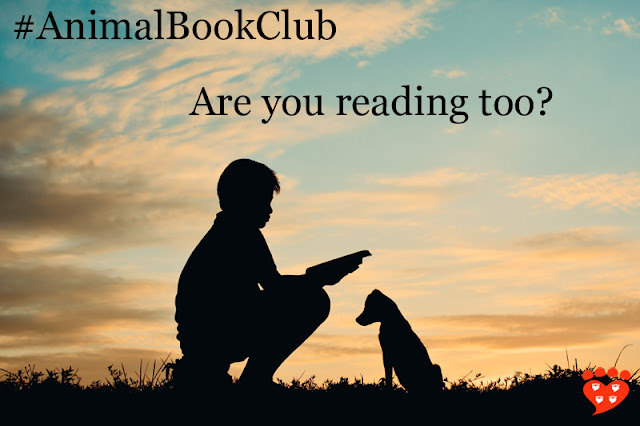To gesture or not to gesture in dog training?

Are visual cues more effective than verbal cues in dog training? By Sienna Taylor, MSc (Hartpury University Centre) . Photo: Dorottya Mathe (Shutterstock) A new study by Anna Scandurra (University of Naples) et al. investigates whether visual cues as opposed to verbal cues are more effective when dogs are trained to fetch an item under four conditions: using only hand cues, using only verbal cues, using both hand and verbal cues and using contradictory hand and verbal cues. It turns out that dogs responded better to visual hand gestures than verbal cues although speed of response was quicker when both hand and verbal cues were used together. Many pet owners teach their dogs to respond to both visual and verbal cues, for example, an owner might ask their dog to lie on the floor by simply using the verbal command “Lie Down” or alternatively using a hand gesture such as pointing or perhaps a combination of both! Whilst dogs do use vocalisations to communicate (such as att...




